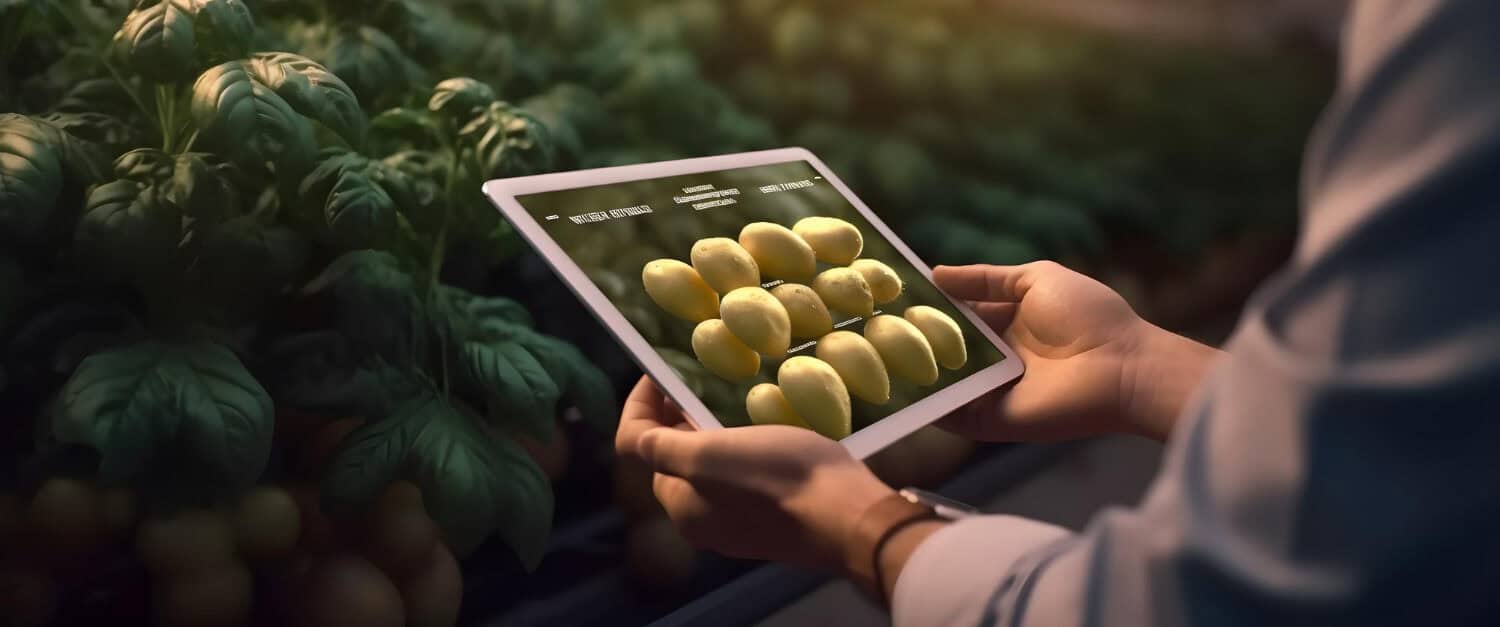Jan-Willem: “We met through Antler, a venture capitalist that brings together driven, enterprising people with innovative ideas. We first wanted to set up a kind of B2B marketplace where suppliers of products such as fruit and vegetables could sell their surplus Based on more than 60 interviews in the food chain, it turned out that setting up such a marketplace was a bit too ambitious. Precisely because these types of perishable products have such a limited shelf life and it is therefore necessary to match supply and demand exactly on time.”
Waste before his
“We then started thinking about the underlying reason for waste and loss. In many cases this turned out to be due to a lack of transparency in supply and demand. To illustrate: suppose a cooperative expects 100,000 strawberries on day X, but receives 150,000 from the various cooperative members that day. Those extra 50,000 are then much more difficult to sell through marketing and sales of that cooperative. With our software, however, we can predict 4 weeks in advance that the cooperative members will offer 150,000 strawberries on day X. That gives marketing and sales time to find a sales market for those extra 50,000. That gives the growers and cooperatives not only get a better price, but also ensures fewer strawberries are thrown away.” For its activities has Merqato received a voucher from the Foundation Together against Food Waste.
Engage the entire supply chain
“Our focus now is on predicting together with cooperatives based on AI so that these predictions become increasingly better. In addition to company data, we also use external data sources, including historical and future weather forecasts. We are now working with several partners to develop the product. The next step is to expand in Europe. We also have ideas about how we can help other parties in the food supply chain to become more sustainable and efficient with our data. Think of logistics companies. Because if we know exactly what fruit and vegetable supply there is on day X four weeks in advance, then you can also arrange the number of trucks needed for that. And that also makes the entire food value chain a bit more sustainable.”
Participation Business Innovation Program Food(BIPF)
Merqato is one of the companies supported by ROM InWest with an MIT grant. As a company that makes the food chain more sustainable, smarter and more efficient, they also participate in theBusiness Innovation Program Food (BIPF). The BIPF, a partnership with ROM InWest, supports start-ups and existing SMEs that want to contribute to the food transition with their ideas.

